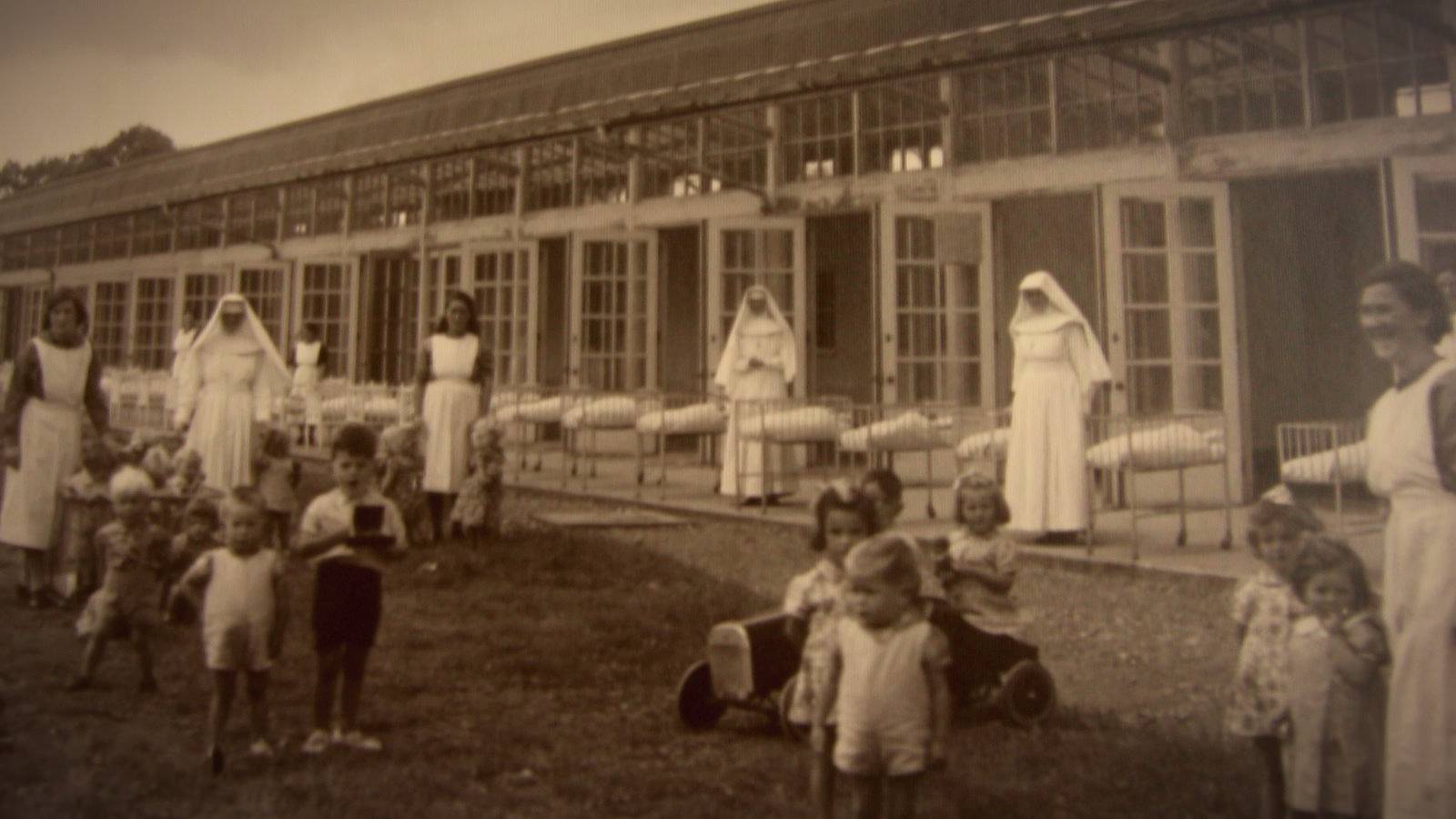
We’re here to help
Just send us a message and we will be back to you within one working day. All enquiries will be treated with the utmost confidentiality and will not be disclosed to anyone.
The final report of the Mother and Baby Homes Commission of investigation was published recently and arising therefrom, it is estimated that there may be up to 130,000 survivors eligible to claim compensation, comprising 60,000 mothers and 70,000 surviving children.
The Compensation/Redress Scheme to be set up by the Government is likely to compensate the surviving mothers for the pain and suffering they endured whilst residing in the homes but it is also likely that the children born in such homes may also be eligible for compensation.
It would appear that survivors that are now resident outside of Ireland may well be eligible for compensation such as persons residing in America, Canada, Britain and other countries.
It is interesting to note that the Mother and Baby Homes Commission has made several recommendations in an effort to limit the number of survivors who may be eligible for compensation.
For example, the Commission Report states that women who entered homes after 1973 ought not be eligible for compensation as they were entitled to claim the newly introduced ‘unmarried mothers allowance’ to assist in bringing up their children independently of the mother and baby home. However, it has been argued that this may well be an unfair restriction, primarily on the basis that, whilst the unmarried mother’s allowance would provide certain assistance in terms of day to day living, no provision for accommodation was made by the State.
Effectively, this absence of accommodation for unmarried mothers meant they had little choice but to continue residing in the homes whilst the child was a dependent – as the absence of assistance and support from families was commonplace and this absence gave rise to the requirement to enter the homes in the first instance. In essence the mothers had little or no choice in remaining in the homes. Thus, this recommendation would appear to be unduly restrictive and ill considered and accordingly is unlikely to be included in the Redress Scheme when it is established.
Compensation Amounts
Another restriction that the Commission has proposed is that all claimants for redress/compensation must have spent at least six months in one or more of the prescribed institutions. Again, this may well be considered unduly restrictive and hopefully is unlikely to be followed when the government establishes a Redress Scheme.
The level/amounts of compensation for the survivors of the mother and baby homes has yet to be determined by the government.
However, it is likely that the level/amount of compensation may be determined by some or all of the following criteria;
1. The length of time spent in the institution by the applicant;
2. The severity and frequency of emotional abuse suffered by the applicant;
3. The severity and frequency of physical abuse suffered by the applicant;
4. The demonstrable effects of the emotional/physical abuse on the applicant;
5. Punitive considerations in certain limited circumstances.
In general, Compensation/Redress Schemes in the past have proved very expensive for the government.
For example, the survivors of the Magdalene Laundries have each received approximately €40,000. In addition, the survivors of Industrial Residential Institutions/Industrial Schools each received approximately €60,000 by way of compensation.
However, it is not expected that survivors of the mother and baby homes will attract comparable levels of compensation largely due to the comparatively short duration for many residents in the mother and baby homes, although this remains to be seen and will obviously depend upon several factors, to include 1 to 5 above.
It is hoped that the Compensation/Redress Scheme which will be set up by the government will not be unduly restrictive and will be generous in terms of compensation in recognition of the appalling circumstances many of the residents and children of these homes endured throughout the several decades.
The list of institutions investigated by the Mother and Baby Homes Commission were:
1) Ard Mhuire, Dunboyne, Co Meath;
2) Belmont (Flatlets), Belmont Ave, Dublin 4;
3) Bessboro House, Blackrock, Cork;
4) Bethany Home, originally Blackhall Place, Dublin 7 and from 1934 Orwell Road, Rathgar, Dublin 6;
5) Bon Secours Mother and Baby Home, Tuam, Co. Galway;
6) Denny House, Eglinton Rd, Dublin 4, originally Magdalen Home, 8 Lower Leeson St, Dublin 2;
7) Kilrush, Cooraclare Rd, Co. Clare;
8) Manor House, Castlepollard, Co Westmeath;
9) Ms. Carr’s (Flatlets), 16 Northbrook Rd, Dublin 6;
10) Regina Coeli Hostel, North Brunswick Street, Dublin 7, and
11) Sean Ross Abbey, Roscrea, Co Tipperary;
12) St. Gerard’s, originally 39, Mountjoy Square, Dublin 1.
13) St. Patrick’s, Navan Road, Dublin 7 (originally known as Pelletstown; and subsequent transfer to Eglinton House, Eglinton Rd, Dublin 4)
14) The Castle, Newtowncunningham, Co. Donegal.
COUNTY HOMES
1) St Kevin’s Institution (Dublin Union)
2) Stranorlar County Home, Co Donegal (St Joseph’s)
3) Cork City County Home (St Finbarr’s)
4) Thomastown County Home, Co Kilkenny (St Columba’s)
This list is likely to be expanded when a Compensation/Redress Scheme is established.
Quinn Solicitors acted for multiple successful applicants to the Residential Institutions Redress Board which was established to compensate residents in Industrial Schools. Accordingly, Quinn Solicitors have vast expertise and knowledge of this area of compensation.
